Fats, oils and grease
Prevent costly blockages on your premises and in your local area. Learn how to dispose of FOG properly.
FOG stands for fats, oils and grease and originate from food products such as butter, lard, vegetable oils, animal fats, meats, sauces and dairy products. They are generated during the preparation of food and from any cleaning/washing up processes.
FOG usually comes from kitchens of Food Service Establishments (FSEs) where food is prepared, cooked or served. These include restaurants, takeaways, pubs which serve cooked food, cafés, coffee shops, hotels, B&Bs, convenience stores and supermarkets, garage forecourt shops with delicatessen counters, food production kitchens etc.
Blockages from FOG can result in raw sewage overflowing from sewers into business premises, public areas, streams or rivers causing an environmental and public health hazard.
Apply for a Fats, Oils & Grease Licence
Disposing of FOG
The do's
Follow our checklist and protect your drains from fats, oils and grease.
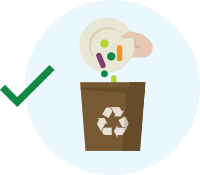
Wipe and scrape away waste
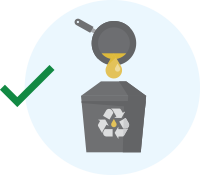
Collect all used cooking oil
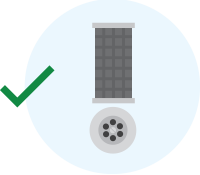
Use strainers

Mop up grease spills
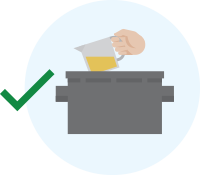
Maintain grease trapping equipment

Use dedicated wash-up sinks
The don't
You should also be aware of what not to do when disposing of fats, oils and grease.
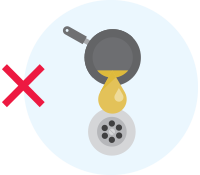
Don't pour FOG down the sink
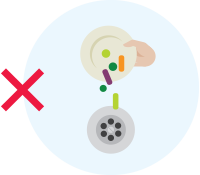
Don't put scrapings into the sink
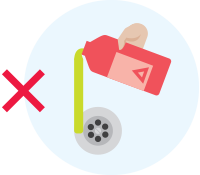
Don't use harmful chemicals
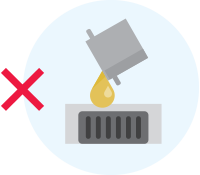
Don't pour FOG down the floor drain
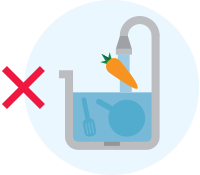
Don't use a single sink
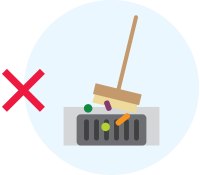
Don't sweep waste into floor drains